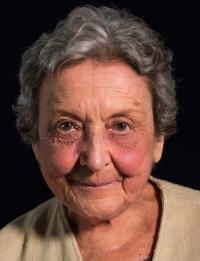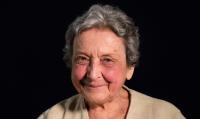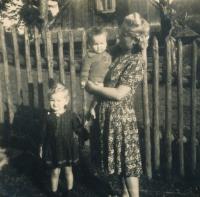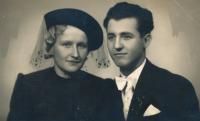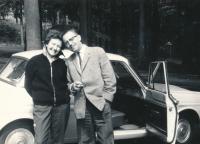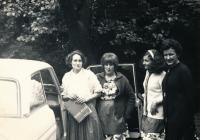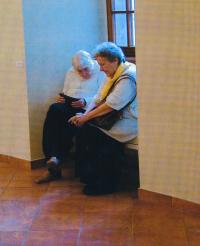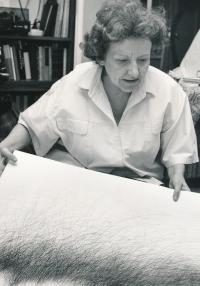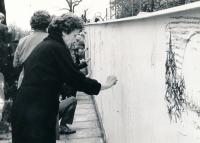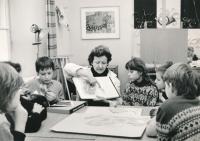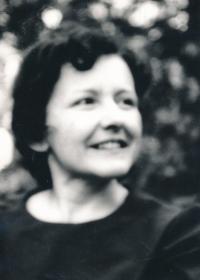In the early 1970s, motivation and joy disappeared from children

Download image
Inge Kostková was born on January 31, 1940, in Brno into a family of mixed nationalities. Her mother, Marie Horálková, was Czech and her father, Johann Koska, an Austrian who accepted German nationality before the war. In 1942 he joined the Wehrmacht and never returned to Czechia. In 1945 Inge, her mother and a younger sister, experienced a distressful journey with the Red Cross that transported German citizens to Germany before the advancing Red Army. Near Pilsen, however, they were seized by Soviet soldiers and were being taken to an unknown place. Inge’s mother managed to flee with her children from the transport and get to their relatives. Her father remained in Germany after the war and her mother remarried in 1949 after the divorce. In 1945 Inge was accepted to the Secondary Industrial School in Brno but had to leave due to health reasons. Having graduated of the 11-year-school in Jablunkov, she was accepted to the Faculty of Education in Olomouc, specialising in mathematics and art education. She stayed at the Faculty, Department of Art, in 1965 to 1975 she taught at the Pedagogical School in Přerov. The she worked as a graphic designer in Moravské tiskařské závody, taught at the Art School and after the revolution taught experimental drawing at the Faculty of Education in Olomouc. Outside her job she worked as a free-lancer, was a part of the unofficial culture, took part in exhibitions and maintained relations with artists who were personae non grata for the regime. She specialises in experimental drawing.
